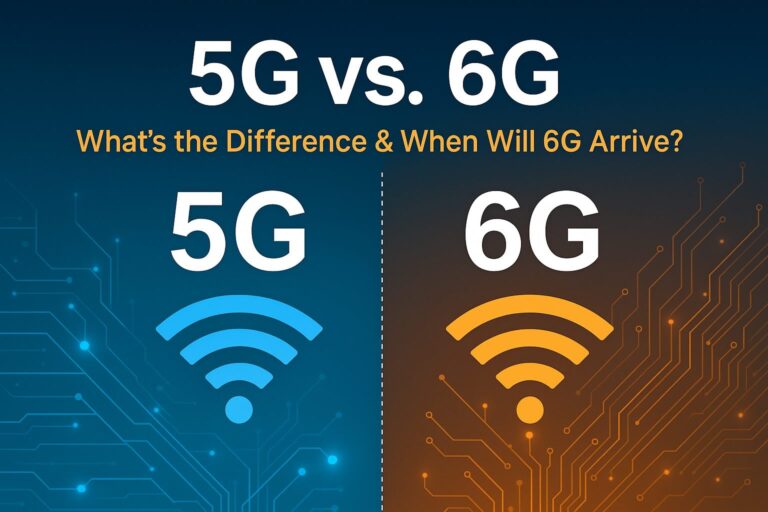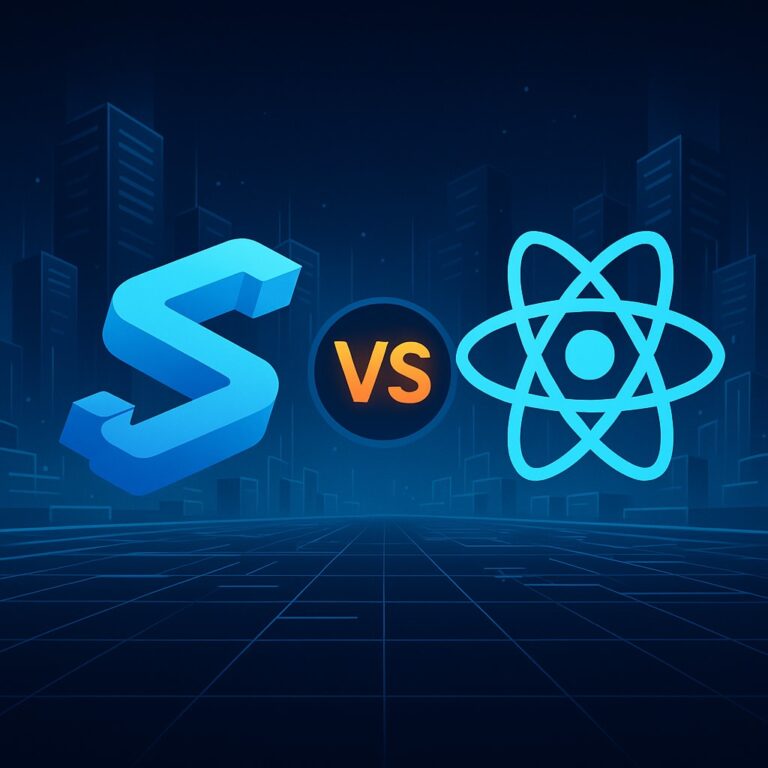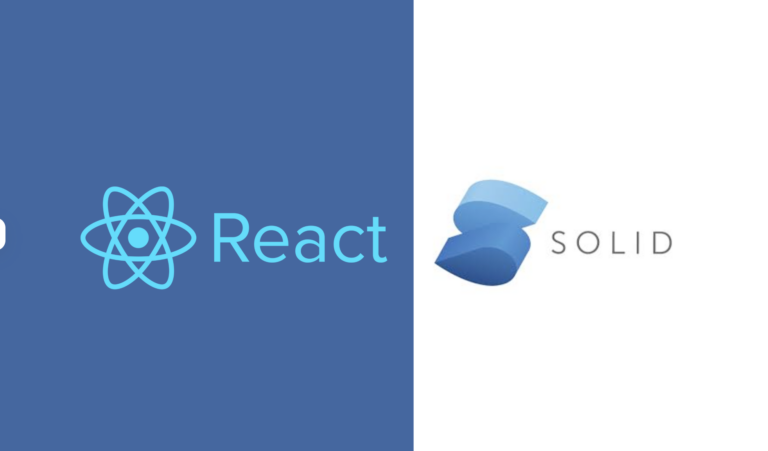Quantum computing is poised to revolutionize technology, offering solutions to problems that classical computers can barely scratch. For those interested in a career in this cutting-edge field, understanding its fundamental concepts, potential applications, and career opportunities is essential. This article delves into the fascinating world of quantum computing, exploring its basics and how it could transform various industries.
Fundamental Concepts of Quantum Computing
1. Quantum Bits (Qubits):
- Superposition: Qubits are the basic units of quantum computing, analogous to classical bits but with a twist. Thanks to superposition, qubits can be both 0 and 1 simultaneously. This unique property enables quantum computers to process a vast number of possibilities all at once, exponentially increasing their computing power.
- Entanglement: When qubits become entangled, the state of one instantly influences the state of another, no matter the distance between them. This “spooky action at a distance,” as Einstein called it, allows for instantaneous data transmission and could revolutionize secure communication.
2. Quantum Gates:
- Quantum gates are the building blocks of quantum circuits, manipulating qubits through quantum operations. Unlike classical gates that work on binary inputs, quantum gates operate on the probabilities of a qubit’s state, enabling highly complex computations.
3. Quantum Circuits:
- A quantum circuit is a series of quantum gates that manipulate qubits to perform specific computations. These circuits are essential for developing quantum algorithms capable of solving problems that classical algorithms cannot efficiently handle.
4. Quantum Decoherence:
- Quantum systems are extraordinarily sensitive to their environment, which can cause decoherence, where qubits lose their quantum properties. Overcoming decoherence is a significant hurdle in making practical, large-scale quantum computers a reality.
Potential Applications of Quantum Computing
1. Cryptography: Quantum computers can crack classical encryption methods by efficiently solving complex problems, such as factoring large numbers. However, quantum cryptography offers a counterbalance, providing unbreakable encryption through principles like quantum key distribution (QKD).
2. Drug Discovery and Materials Science: Quantum computing can simulate molecular interactions with incredible precision, speeding up drug discovery and the development of new materials. This capability could lead to groundbreaking treatments and innovative materials with unique properties.
3. Optimization Problems: Industries such as logistics, finance, and manufacturing face complex optimization challenges. Quantum computers can process multiple solutions simultaneously, finding optimal solutions much faster than classical computers.
4. Artificial Intelligence and Machine Learning: Quantum computing can significantly accelerate AI and machine learning, enabling faster data processing and the training of more sophisticated models. This could lead to advancements in predictive analytics and autonomous systems.
5. Climate Modeling: With their ability to process vast amounts of data, quantum computers can improve climate modeling, providing more accurate predictions and helping to combat climate change effectively.
Career Opportunities in Quantum Computing
1. Quantum Software Developer:
- Role: Develop quantum algorithms and software for quantum computers.
- Skills Needed: Proficiency in quantum programming languages like Qiskit, understanding of quantum mechanics, and experience with classical programming.
2. Quantum Hardware Engineer:
- Role: Design and build quantum hardware, including qubits and quantum gates.
- Skills Needed: Knowledge of electrical engineering, materials science, and quantum physics.
3. Quantum Research Scientist:
- Role: Conduct research to advance the field of quantum computing.
- Skills Needed: Advanced degree in physics, computer science, or a related field; strong analytical and problem-solving skills.
4. Quantum Systems Analyst:
- Role: Analyze and optimize quantum systems for specific applications.
- Skills Needed: Understanding of quantum algorithms, data analysis, and experience with quantum computing platforms.
5. Quantum Cryptographer:
- Role: Develop quantum-safe cryptographic methods and protocols.
- Skills Needed: Deep understanding of cryptography, quantum mechanics, and mathematics.
6. Quantum Educator/Trainer:
- Role: Educate and train the next generation of quantum computing professionals.
- Skills Needed: Strong grasp of quantum computing principles, effective teaching skills, and experience with educational technology.
How to Get Started in Quantum Computing
1. Educational Pathways:
- Pursue degrees in physics, computer science, electrical engineering, or related fields.
- Enroll in specialized courses and certifications in quantum computing offered by universities and online platforms.
2. Skill Development:
- Learn quantum programming languages such as Qiskit, Cirq, or Microsoft’s Q#.
- Gain experience with quantum computing frameworks and tools through practical projects.
3. Networking and Collaboration:
- Join professional organizations and online communities focused on quantum computing.
- Attend conferences, workshops, and seminars to stay updated on the latest developments.
4. Research and Publications:
- Engage in research projects and publish your findings in reputable journals.
- Collaborate with academic and industry experts to contribute to the advancement of the field.
5. Hands-On Experience:
- Participate in internships and co-op programs with companies and research institutions working on quantum computing.
- Use cloud-based quantum computing platforms to gain practical experience.
Conclusion
Quantum computing is more than just a technological advancement; it’s a paradigm shift that promises to unlock new frontiers in science, engineering, and industry. Its potential applications, from breaking classical cryptography to revolutionizing drug discovery and AI, underscore its transformative power.
For those aspiring to make a career in quantum computing, understanding its fundamentals, keeping abreast of the latest developments, and acquiring relevant skills are crucial steps. As we continue to develop and refine quantum technologies, the opportunities for innovation and discovery are boundless. Embrace the quantum revolution, and stay ahead of the curve as we enter an era of unparalleled technological advancement.












